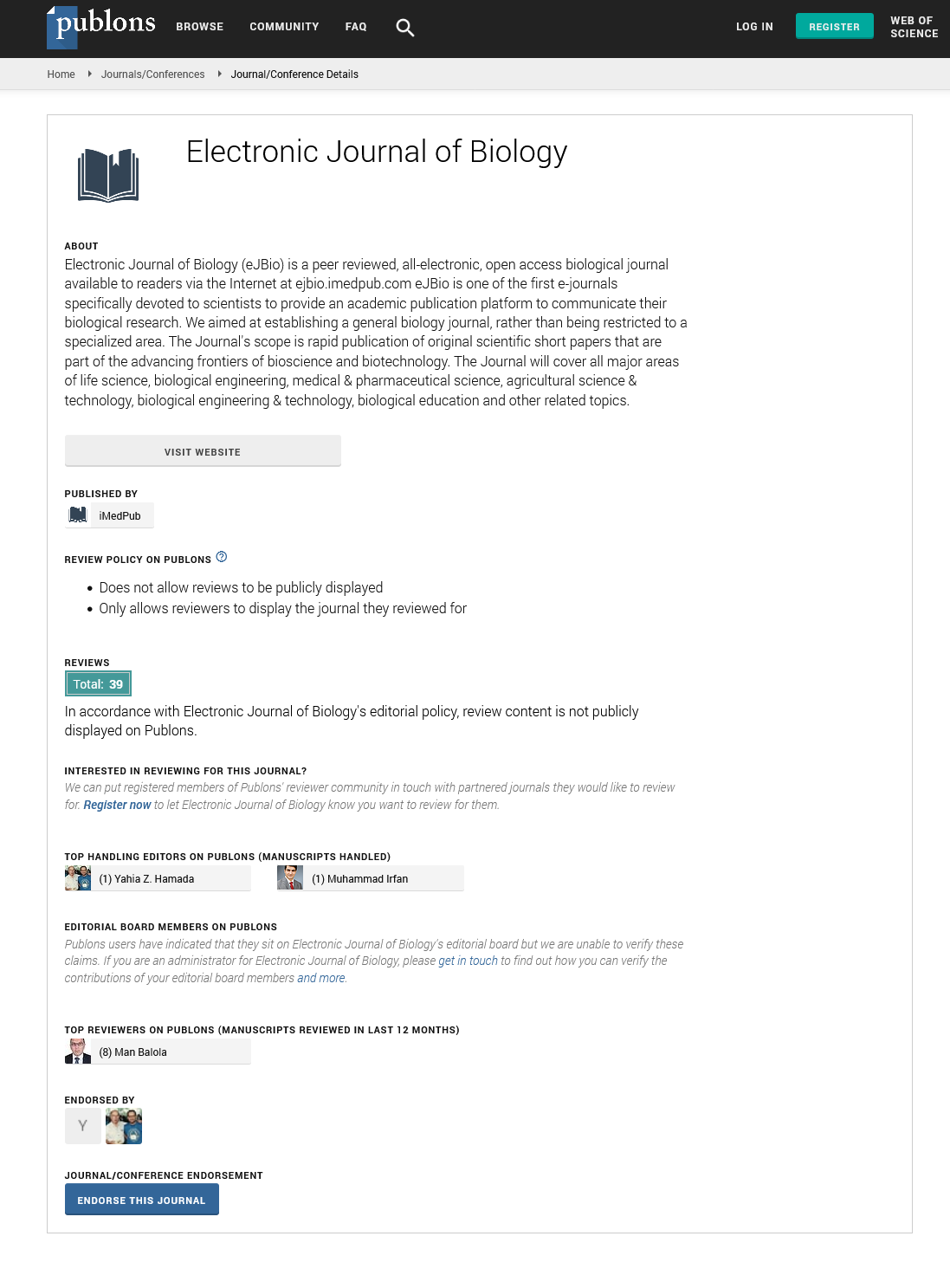Abstract
Effect of Depression on Stroke Specific Quality of Life: A Survey in Urban Settings of Lahore City
Background: Stroke has significant effect on physical and mental functioning of the patients. The impact on functionality and activities of daily living can further have profound effect on post stroke depression and quality of life of the patients. Objective of this study was to determine the effect of depression on stroke specific quality of life. Method and findings: A sample of 195 post stroke patients was selected using convenient sampling. Male or female Post stroke patients, Age 30 to 55 years, 1 to 6 months after their first stroke and with a level of disability of 2 to 4 on Modified Rankin Scale (MRS) were included in the study. Diagnostic and statistical manual of mental disorders-IV (DSM IV) criterion for the diagnosis of depression was used in the form of questionnaire to determine the frequency of depression among stroke patients. The quality of life of both depressed and non-depressed stroke patients was assessed using Stroke Specific Quality of life Scale. Most of the respondents were diagnosed as depressed (n=135, 69.2%). Most of the respondents had a poor quality of life (n=133, 68.2%) as measured on the stroke specific quality of life scale. A moderate negative correlation was found between depression and quality of life (r=-0.677, p-value<0.05). Conclusion: Depression and a poor quality of life are frequent post-stroke. Depression negatively affects the stroke specific quality of life of the patients and the more strongly effected domains of the quality of life are social roles, family roles, thinking and energy.
Author(s):
Komal Batoo, Sarah Ehsan, Umer Maqsood, Hafiz Sheraz Arshad
Abstract | Full-Text | PDF
Share this

Google scholar citation report
Citations : 5001
Electronic Journal of Biology received 5001 citations as per google scholar report
Electronic Journal of Biology peer review process verified at publons
Abstracted/Indexed in
- Google Scholar
- China National Knowledge Infrastructure (CNKI)
- CiteFactor
- Electronic Journals Library
- Zoological Records
- WorldCat
- Proquest Summons
- Publons
- MIAR
- Openaccessarticles.com
- Secret Search Engine Labs
Open Access Journals
- Aquaculture & Veterinary Science
- Chemistry & Chemical Sciences
- Clinical Sciences
- Engineering
- General Science
- Genetics & Molecular Biology
- Health Care & Nursing
- Immunology & Microbiology
- Materials Science
- Mathematics & Physics
- Medical Sciences
- Neurology & Psychiatry
- Oncology & Cancer Science
- Pharmaceutical Sciences


